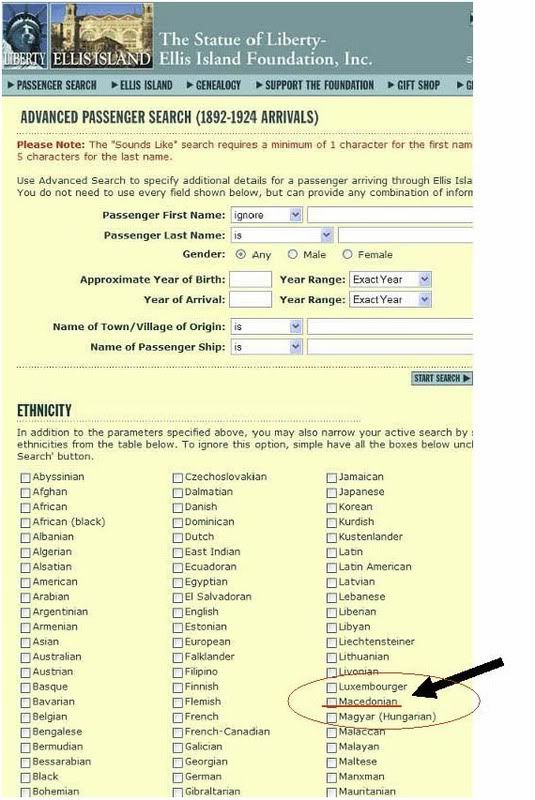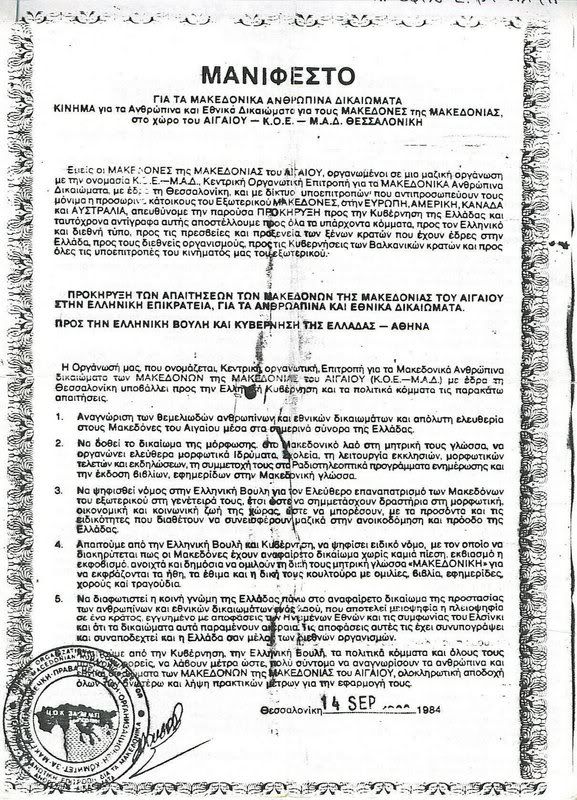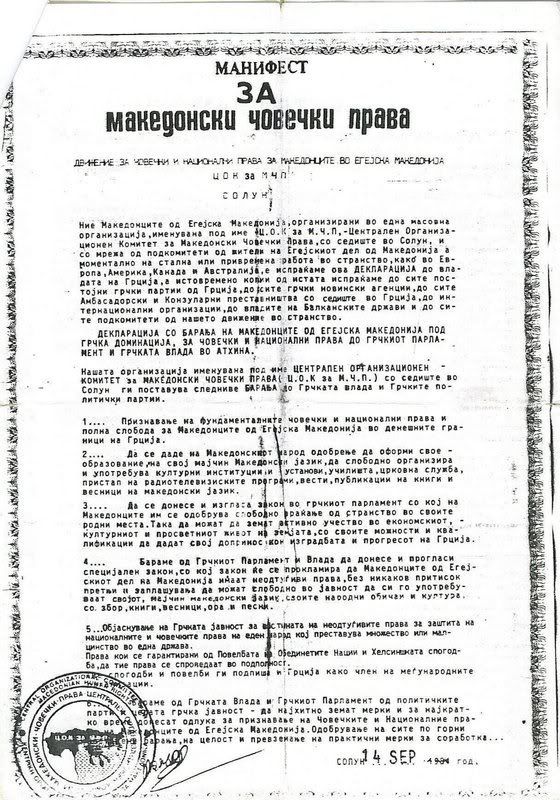56. Of all the answers that had reached him, this pleased him far the best, for it seemed incredible that a mule should ever come to be king of the Medes, and so he concluded that the sovereignty would never depart from himself or his seed after him. Afterwards he turned his thoughts to the alliance which he had been recommended to contract, and sought to ascertain by inquiry which was the most powerful of the Grecian states. His inquiries pointed out to him two states as pre-eminent above the rest. These were the Lacedaemonians and the Athenians, the former of Doric the latter of Ionic blood. And indeed these two nations had held from very early times the most distinguished place in Greece, the one being a Pelasgic the other a Hellenic people, and the one having never quitted its original seats, while the other had been excessively migratory; for during the reign of Deucalion, Phthiotis was the country in which the Hellenes dwelt, but under Dorus, the son of Hellen, they moved to the tract at the base of Ossa and Olympus, which is called Histiaeotis; forced to retire from that region by the Cadmeians,[1] they settled, under the name of Macedni, in the chain of Pindus. Hence they once more removed and came to Dryopis; and from Dryopis having entered the Peloponnese in this way, they became known as Dorians.
57. What the language of the Pelasgi was I cannot say with any certainty. If, however, we may form a conjecture from the tongue spoken by the Pelasgi of the present day, - those, for instance, who live at Creston above the Tyrrhenians, who formerly dwelt in the district named Thessaliotis, and were neighbours of the people now called the Dorians, - or those again who founded Placia and Scylace upon the Hellespont, who had previously dwelt for some timewith the Athenians, - or those, in short, of any other of the cities which have dropped the name but are in fact Pelasgian; if, I say, we are to form a conjecture from any of these, we must pronounce that the Pelasgi spoke a barbarous language. If this were really so, and the entire Pelasgic race spoke the same tongue, the Athenians, who were certainly Pelasgi, must have changed their language at the same time that they passed into the Hellenic body; for it is a certain fact that the people of Creston speak a language unlike any of their neighbours, and the same is true of the Placianians, while the language spoken by these two people is the same; which shows that they both retain the idiom which they brought with them into the countries where they are now settled.
58. The Hellenic race has never, since its first origin, changed its speech. This at least seems evident to me. It was a branch of the Pelasgic, which separated from the main body, and at first was scanty in numbers and of little power; but it gradually spread and increased to a multitude of nations, chiefly by the voluntary entrance into its ranks of numerous tribes of barbarians. The Pelasgi, on the other hand, were, as I think, a barbarian race which never greatly multiplied.
Herodotus, The History of Herodotus, George Rawlinson, tr., vol. 1
New York: D. Appleton and Company, 1885
Book 1; and vol. 2 , book 3
Pelasgian
c.1490, "of the Pelasgi," from L. Pelasgius, from Gk. Pelasgios "of the Pelasgi," from Pelasgoi "the Pelasgi," name of a prehistoric people of Greece and Asia Minor who occupied Greece before the Hellenes, probably originally *Pelag-skoi, lit. "Sea-people" (see pelagic).
http://www.etymonline.com/index.php?search=pelasgi&searchmode=none
pelagic
"pertaining to the sea," 1656, from L. pelagicus, from Gk. pelagikos, from pelagos "sea," from PIE *p(e)lag- "to spread out" (cf. Gk. plagos "side," L. plaga "hunting net, curtain, region"), from base *pele- "spread out, flat" (see plane (1)).
http://www.etymonline.com/index.php?term=pelagic
because in "greek" language,we didn`t found etymology for word Pelazgians..
Pelasgians (Belazgians)
in Sanscrit language..we read..
pel=pelati=pela4yati=to go
Pelasgians (Belazgians)
but...in Sanscrit language..we read..
ph'ala-tas=relation
Pelasgians (Belazgians)
Pel=(mean..relation, relative, kinsman) + Gen(mean..birth; procreation)
Pelazgite se narod koj gi pravi I gi socinuva prvite zaednici na Balkanot.
Etimološki, pel-pelas znači najblizok rodnina, dodeka zborot “gen” go označuva “doaganjeto na svet”.
Znači, rodnini, domorodci.
because in "greek" language,we didn`t found etymology for word Pelazgians..
so clear..sub-saharan tribes Helleni or Greeks are not Pelasgians..
Pelasgians (Belazgians)
but...in Sanscrit language..we read..
white=bala=baladeva
white=palaska palaksa=balakSa=bela
Pela (anc. mac. City)=Bela=White
because Greeks are not Pelasgians (Herodotus) or (P)Beli=White in their faces...
so clear..sub-saharan tribes Helleni or Greeks are not Pelasgians..
The names are subject to the Rules that apply when a name or word becomes Macedonian from Sanskrit.
The ancient province of Bihar is known as Pelasa.
in the Northern Thessaly, there is an area known as Pelasgos..
Sanscrit..
Arjuna was born in the lunar month of Phalguna.
in Macedonia,here is an area known as Pelagonia (Phalgoonia).
The Ionions were called Pelasgoi or Aigiales(Bull..it).
Peleska means Arjuna's clan of Pelaska.
Hellenes (Έλληνες)
Greece, a toponym the Greeks themselves do not use, is a reversal of Semitic samekh-resh-gimel SaRaG = knitted. Therefore, he has a (weighted) net in his left hand.
or..
Greek
O.E. Crecas (pl.), early Gmc. borrowing from L. Græci "the Hellenes," from Gk. Grakoi. Aristotle MACEDONIAN, :lol: ( godfather,sponsor ):yes:,who was the first to use Graikhos as equivalent to Hellenes ("Meteorologica" I.xiv) wrote that it was the name originally used by Illyrians for the Dorians in Epirus, from Graii, native name of the people of Epirus.
But a modern theory (put forth by Ger. classical historian Georg Busolt, 1850-1920), derives it from Graikhos "inhabitant of Graia" (lit. "gray"), a town on the coast of Boeotia, which was the name given by the Romans to all Greeks, originally to the Gk. colonists from Graia who helped found Cumae (9c. B.C.E.), the important city in southern Italy where the Latins first encountered Greeks. It was reborrowed in this general sense by the Greeks. Meaning "unintelligible speech, gibberish" is from 1600. Meaning "Greek letter fraternity member" is student slang, 1900.
"It was subtle of God to learn Greek when he wished to become an author -- and not to learn it better." [Nietzsche, "Beyond Good and Evil," 1886]
Greek gift is from "Æneid," II.49: "timeo Danaos et dona ferentes." The Gmc. languages originally borrowed the word with an initial -k- sound (cf. O.H.G. Chrech, Goth. Kreks), which was probably their initial sound closest to the Latin -g- at the time; the word was later refashioned.
http://www.etymonline.com/index.php?search=hellenes&searchmode=none
so clear..Sub-saharan-turkish unnamed tribes,which today call their self Greeks,have not ethymology for their name
sub-saharan-turkish unnamed tribes,which today call their self Greeks..
Etymology
From Ancient Greek Ελλάς (Hellas "Greece"), from prefix έλ(bull..it-semitic word)- (el- "sun, bright, shiny", (elios(bull.it), "sun")) + λάς(bull..it-word from Asia) (las "rock, stone"). Ελλάς: "The land of the sun and the rock".?????????????
Hellas/Ellas/Ellada (Greek name)(bull.it): land of the Hellenes (bull..it), descended in mythology from Hellen (bull..it); the place name has a linguistic cognate in the English verb "settle".???
A popular folk etymology holds the name to mean "land of light", relating to ἥλιος (hḗlios)(bull..it), the Greek word for "sun".(bull..it)?????????????????
hell
O.E. hel, helle "nether world, abode of the dead, infernal regions," from P.Gmc. *khaljo (cf. O.Fris. helle, O.N. hel, Ger. Hölle, Goth. halja "hell") "the underworld," lit. "concealed place," from PIE *kel- "to cover, conceal, save" (see cell). The Eng. word may be in part from O.N. Hel (from P.Gmc. *khalija "one who covers up or hides something"), in Norse mythology Loki's daughter, who rules over the evil dead in Niflheim, the lowest of all worlds (nifl "mist"), a death aspect of the three-fold goddess. Transfer of a pagan concept and word to a Christian idiom, used in the K.J.V. for O.T. Heb. Sheol, N.T. Gk. Hades(bull..it-unknown origin), Gehenna(bull..it-Hebrew word).
but...
The name of the region draws the old name - Liberia - given to the region by Latins, progenitors of the ancient Romany and in turn so called because settled on a large territory ( "latus" in Latin), understood as "flat country" .
In the ancient territory Lazio was understood among Corsican down the river Tiber and Ausoni Mountains, close to Terracina, in the Apennines as eastern limit [1].
According to the thesis John discussed Semerano the end result instead of heading for apheresis accadica illatum, ellatum (which means confederates), which would have given rise to the term-greek Έλλάς Έλλάδος ( "Ellade").
The etymology would therefore not so much reference to the plain of Lazio, but the confederation of the peoples of Latin Albanian.
http://translate.google.com/translate?hl=en&sl=it&u=http://www.wiki.polewka.pl/it/wiki/Regione_Lazio.html&sa=X&oi=translate&resnum=3&ct=result&prev=/search%3Fq%3DJohn%2BSemerano%2Baccadica%2Billatum%26hl%3Den%26sa%3DG
http://translate.google.com/translate?hl=en&sl=it&u=http://www.egm.it/it/lazio&sa=X&oi=translate&resnum=1&ct=result&prev=/search%3Fq%3Daccadica%2Billatum%26hl%3Den%26sa%3DG
These superb war-tribes "the children of the sun" were the ones who first inhabited the land of Hallas (when they were in the Indian subcontinent they lived in the Hallas range of mountains which are in the Afghanistan area now).
HELLADA
In India, in Sind, the mountain ranges were called the Hela.
In India, the residence of Hela were known as Hela-wasi.
the Helawas = Helous The "Greece's" largest river was known as Ac-Helous.
Acca means water and Helous is from the Hela mountains.
HELA is a mountain range in India,near the Himalayas.
HELA is a mountain range in Greece.
HELO-PES = Chiefs of the HELA.
HELLOPIA is the land of the HELA chiefs.
HELA DOS = HELA-DESH(land)(like Bangla_desh)
ZEUS DODONAIOS was the god of the great oracle at Dodona, reputedly the oldest in Greece(GREECE BEFORE 1821 AD???).
It was located in Epeiros, in the north-west of Greece.
The oracles were received from the rustling of the branches of the holy oak tree by the bare-footed priests of the god, the Helloi or Selloi.
Later three elderly priestesses, named Peleiades ("Doves"), were appointed to be the voice of the oracle.
Also Iliad 16.233, Herodotus 2.55.
Sanscrit
DODA and their people Dodan
Their priest are the Selli.
Selos means Brahma (rule ii).
so clear..Sub-saharan-turkish unnamed tribes,which today call their self Greeks,have not ethymology for their name
anc.Mac mod.Mac Eng
Selli
Seleni(anc. Mac. tribe)=Sjajni=Shine
Seleni=Seleni=resetling
Seleni=Selani=Villagers
because Greeks are not Selli=Sjajni(Shine) in their faces...
so clear..sub-saharan tribes Helleni has derived from the word SELENI SELANI (Resetling Villagers)..
finally, we found etymology for word Hellas (greeks)
A word that the Ancient Macedonians gave to the sub-saharan MIGRANTS of their homeland MACEDONIA..
Greeks (Γραικοί)
Greek
O.E. Crecas (pl.), early Gmc. borrowing from L. Græci "the Hellenes," from Gk. Grakoi. Aristotle, who was the first to use Graikhos as equivalent to Hellenes ("Meteorologica" I.xiv) wrote that it was the name originally used by Illyrians for the Dorians in Epirus, from Graii, native name of the people of Epirus. But a modern theory (put forth by Ger. classical historian Georg Busolt, 1850-1920), derives it from Graikhos "inhabitant of Graia" (lit. "gray"), a town on the coast of Boeotia, which was the name given by the Romans to all Greeks, originally to the Gk. colonists from Graia who helped found Cumae (9c. B.C.E.), the important city in southern Italy where the Latins first encountered Greeks. It was reborrowed in this general sense by the Greeks. Meaning "unintelligible speech, gibberish" is from 1600. Meaning "Greek letter fraternity member" is student slang, 1900.
"It was subtle of God to learn Greek when he wished to become an author -- and not to learn it better." [Nietzsche, "Beyond Good and Evil," 1886]
Greek gift is from "Æneid," II.49: "timeo Danaos et dona ferentes." The Gmc. languages originally borrowed the word with an initial -k- sound (cf. O.H.G. Chrech, Goth. Kreks), which was probably their initial sound closest to the Latin -g- at the time; the word was later refashioned.
http://www.etymonline.com/index.php?search=greeks&searchmode=none
YAVAN
 Little wonder, then that the Irano-Semitic peoples considered the Greeks to be effeminate.
Little wonder, then that the Irano-Semitic peoples considered the Greeks to be effeminate.In fact, the terms for Greek in the Irano-Semitic world
Yauna (Old Iranian),Yona (Pali),Javan (Greek),Yavana (Prakrit),besides meaning barbarian or savage, are derived from the root-word
yoni, meaning vagina.
from PIE base (Sanscrit)yavan=a rider horseman , invader , aggressor
yavan=javan-c (mod. Mac)=a rider horseman
yavan="javan"(mod.Mac)=fucked
finally, we found etymology for word Yavan (greeks)
yavana
from PIE base (Sanscrit)
yavana=Ionian , Greek (or a king of the Greeks),in later times also a Muhammadan or European , any foreigner or barbarian.
yavana-deza=sometimes applied to Ionia , Greece , Bactria , and more recently to Arabia
yavana=f. the wife of a Yavana , a Greek or Muhammadan woman Ka1lid
javanI=n. salt from saline soil L
yavana="javana"(mod.Mac)=f. fucked
yavanadeza
from PIE base (Sanscrit)
yavanadeza=m. the country of the Yavanas (-ja),mfn. growing or produced in the country of the YñYavanas Bhpr,mfn. born in the cñcountry of the YñYavanas , Pra7yas3c.
Ionians
Ionians=(Hi-yanians or yavanians = horse tribes)
(Hi-yanians = Ionian sea)
Hi = horse, singular.
Hiyan = pleural.
Pa = chief.
Ira = earth.
Yavan or hiyan = swift horse
These Yavana are recognized by Prinsep in the inscription of Ashoka, the Buddhist emperor of India.
The identification of Yavana and Ionia is well known Paropamisus of Greeks is Pahar-up-Bamis.
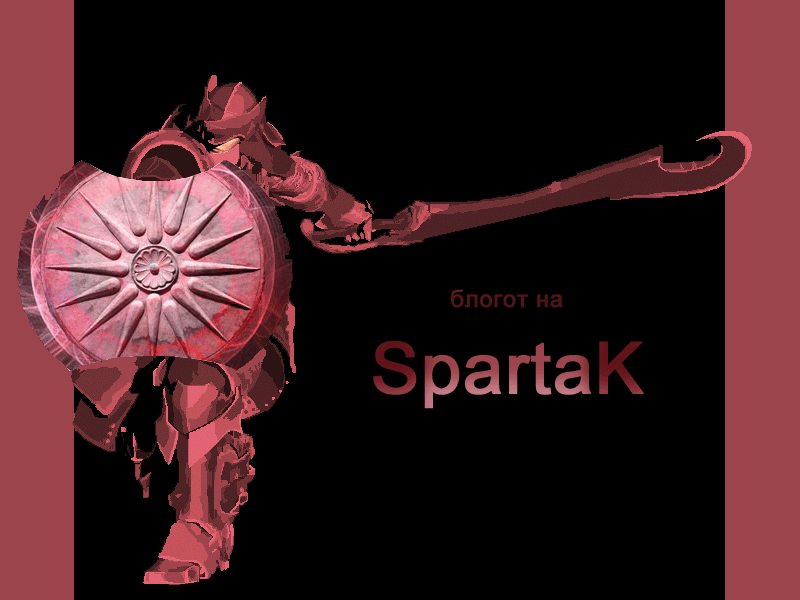
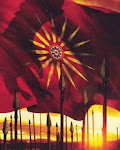


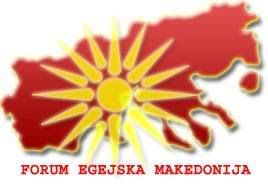
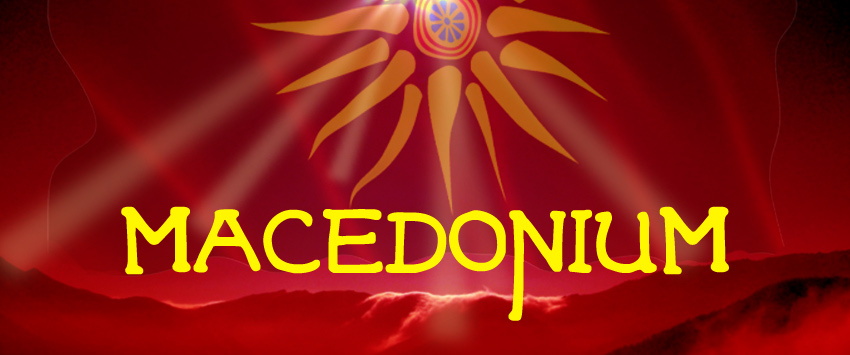












.jpg)

